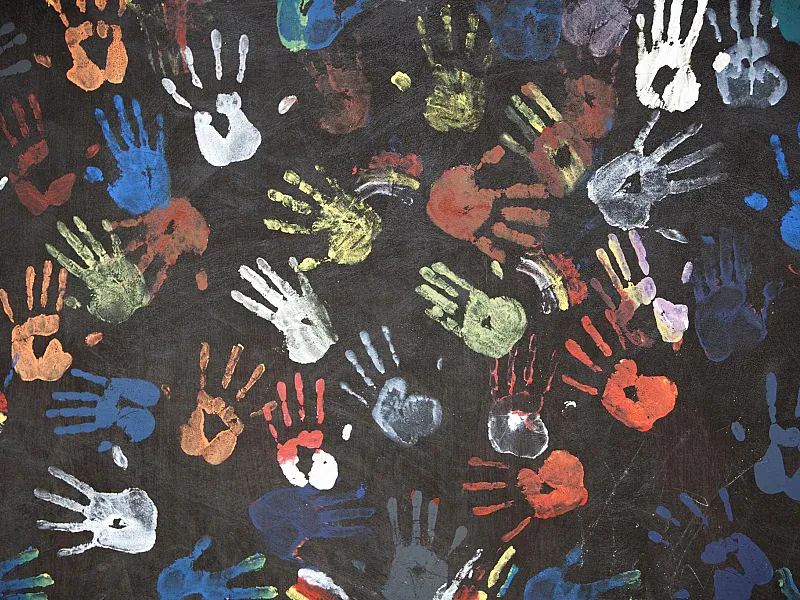
Nepal is undergoing a major political and legal transformation since the end of the armed conflict in 2006 and the adoption of a new constitution in 2015. The constitution establishes a federal system of governance, with three levels of government: federal, provincial and local. The constitution also guarantees a range of fundamental rights and freedoms, and provides for the establishment of various constitutional bodies and commissions to protect and promote human rights.
However, despite these positive developments, Nepal still faces many challenges in ensuring human rights accountability and access to justice for all its citizens. Some of the key issues include:
- The lack of progress in the transitional justice process, which aims to address the serious human rights violations and abuses committed during the conflict by both state and non-state actors. The two transitional justice commissions, the Truth and Reconciliation Commission (TRC) and the Commission of Investigation on Enforced Disappeared Persons (CIEDP), have been criticized for their lack of independence, transparency, effectiveness and victim participation. They have also failed to comply with international standards and obligations on the right to truth, justice, reparation and non-recurrence.
- The political interference in the enforcement of the law and administration of justice, which undermines the independence and integrity of the judiciary, the National Human Rights Commission (NHRC) and other justice sector institutions. There have been instances of executive pressure, threats, attacks and intimidation against judges, lawyers, human rights defenders and journalists who work on sensitive or controversial cases. There have also been cases of non-compliance or delay in implementing court orders or NHRC recommendations by the authorities.
- The persistence of systemic discrimination and marginalization of ethnic minorities, low-caste communities, women and other vulnerable groups, who face multiple barriers to access their rights and remedies. These include legal gaps or inconsistencies, social stigma or prejudice, economic hardship or poverty, geographic isolation or remoteness, linguistic or cultural barriers, lack of awareness or information, and lack of legal aid or representation.
- The need for law and policy reform to align with the constitutional provisions and international human rights standards, as well as to address the emerging challenges posed by the federal restructuring, the COVID-19 pandemic and other factors. Some of the areas that require urgent attention include criminal law and procedure, anti-torture legislation, sexual violence legislation, citizenship law, land rights law, environmental law and data protection law.
To address these issues, the International Commission of Jurists (ICJ), an independent organization composed of 60 eminent judges and lawyers from all regions of the world, conducted a high-level mission to Nepal in December 2019. The mission met with various stakeholders, including government officials, parliamentarians, judges, lawyers, human rights commissioners, civil society representatives, victims' groups and international partners. Based on its findings, the mission published a report in August 2020 with more than 50 recommendations to the Nepali authorities on how to improve human rights accountability and access to justice in a federal Nepal.
- To ensure that the transitional justice process is credible, inclusive, transparent and compliant with international standards and obligations.
- To respect and protect the independence and integrity of the judiciary, the NHRC and other justice sector institutions from any form of political interference or pressure.
- To ensure that all victims of human rights violations have effective access to justice, remedies and reparation, regardless of their identity or background.
- To undertake comprehensive law and policy reform to harmonize with the constitution and international human rights standards, as well as to address the specific needs and challenges of a federal Nepal.
Some of the main recommendations are:
The report also provides guidance and support to provincial policymakers, civil society actors and international partners on how they can contribute to advancing human rights accountability and access to justice in Nepal.
The report is available online at this link. You can also find more information about the ICJ's work in Nepal at this link. For more news on human rights issues in Nepal, you can visit this link.
Conclusion:
Nepal has made significant progress in establishing a federal system of governance and a constitutional framework for human rights protection. However, there are still many gaps and challenges in ensuring human rights accountability and access to justice for all its citizens. The ICJ's report provides a comprehensive analysis and recommendations on how to address these issues and strengthen the rule of law in Nepal. The report also offers guidance and support to provincial policymakers, civil society actors and international partners on how they can contribute to advancing human rights in Nepal. The ICJ urges the Nepali authorities to implement the report's recommendations as a matter of priority and to engage in constructive dialogue and cooperation with all relevant stakeholders.





Comments